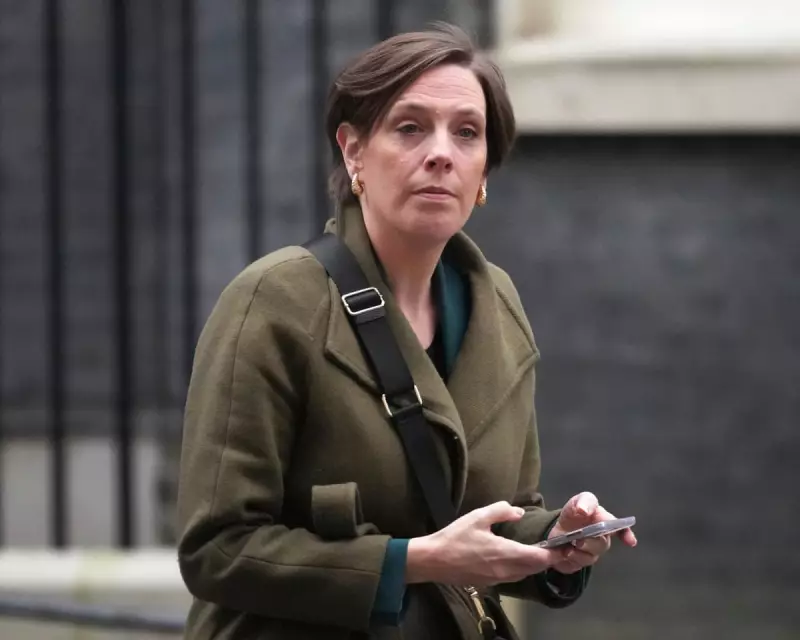
Nigel Farage has ignited a firestorm of criticism after controversially associating the Labour Party with the disgraced TV presenter Jimmy Savile during a recent political address. The remarks, delivered at a Reform UK event, have drawn sharp condemnation from across the political spectrum.
Farage's comments, perceived by many as a deliberate provocation, come amid heightened tensions in Westminster. Critics accuse him of exploiting historical scandals for political gain, while supporters argue he is highlighting systemic failures in accountability.
Political Fallout
The Labour Party swiftly denounced Farage's statements, calling them "reckless and inflammatory." A spokesperson emphasised that such rhetoric undermines serious discussions about institutional safeguarding failures.
Meanwhile, political analysts suggest this incident may further polarise public opinion as election campaigning intensifies. The controversy has dominated news cycles, with commentators debating the boundaries of acceptable political discourse.
Historical Context
Jimmy Savile's crimes, uncovered posthumously, remain one of Britain's most shocking abuse scandals. The BBC and NHS faced severe criticism for failing to prevent his predatory behaviour over decades.
Farage's decision to invoke this sensitive topic has raised questions about the ethical responsibilities of political leaders when addressing historical traumas for contemporary political points.
Public Reaction
Social media platforms have seen heated debates, with many users expressing outrage at what they view as cynical manipulation of victims' suffering. However, some Farage supporters argue he is challenging establishment narratives.
Charities supporting abuse survivors have called for more sensitive handling of such matters in political discourse, warning against the retraumatisation of victims through casual references to high-profile cases.
As the story develops, observers note this incident may have lasting implications for political communication standards and public trust in political figures.





